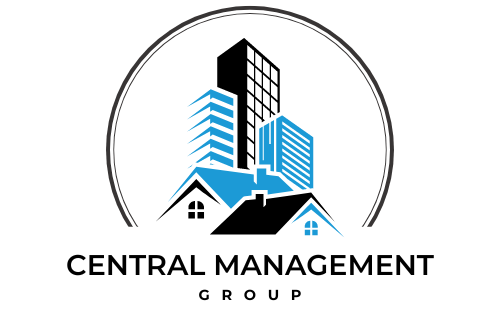As a landlord, navigating the legal landscape of rental property management can be daunting. From lease agreements to eviction proceedings, there are numerous legal considerations that landlords need to be aware of to protect their interests and comply with the law.
One essential legal consideration for landlords is creating a comprehensive lease agreement. A well-drafted lease agreement should clearly outline the rights and responsibilities of both landlords and tenants, including rent payment terms, maintenance responsibilities, and rules for property use. By having a thorough and legally sound lease agreement in place, landlords can help prevent disputes and protect themselves in the event of legal issues.
It’s also important for landlords to stay informed about tenant rights and responsibilities. Landlord-tenant laws vary by state and locality, so it’s crucial to familiarize yourself with the specific laws that apply to your rental properties. This includes knowing the procedures for handling security deposits, conducting property inspections, and evicting tenants if necessary.
Speaking of evictions, understanding the legal procedures for evicting tenants is another important aspect of landlord-tenant law. While eviction should always be a last resort, there may be situations where it becomes necessary to remove a non-compliant tenant from your property. It’s essential to follow the proper legal procedures for eviction to avoid potential legal pitfalls and protect your rights as a landlord.
Finally, consider seeking professional legal advice or assistance when needed. Landlord-tenant law can be complex, and having a knowledgeable legal expert on your side can provide valuable guidance and support. Whether you’re drafting a lease agreement, dealing with a tenant dispute, or navigating the eviction process, having a legal advisor can help ensure that you’re acting in accordance with the law and protecting your interests as a landlord.
By staying informed about landlord-tenant law and taking proactive steps to protect yourself and your properties, you can navigate the legal landmines of rental property management with confidence and peace of mind.

